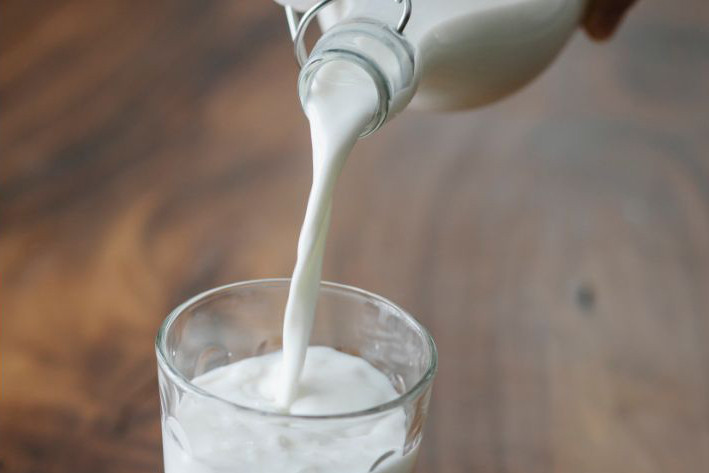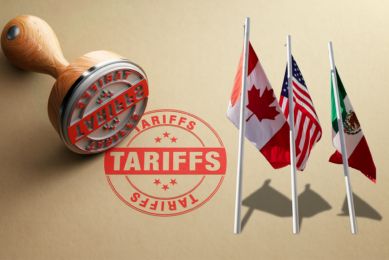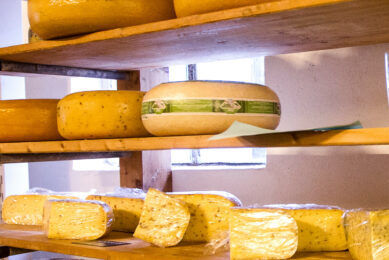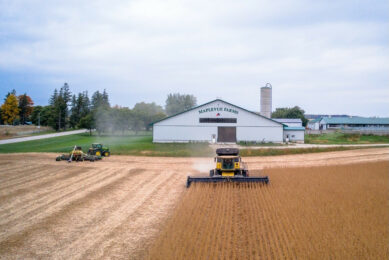Canada: Cloned cow milk “may soon be available without consumers’ knowledge”

Dr Sylvain Charlebois is sounding the alarm that milk, eggs and meat products from cloned animals may “may soon be available [in Canada] without consumers’ knowledge”. Charlebois is the senior director of the Agri-Food Analytics Lab at Dalhousie University in Nova Scotia, and one of Canada’s well-known commentators on food and farming.
On 2 July, Charlebois stated on X (formerly called Twitter) that the view that milk and more from cloned animals may soon be marketed without the knowledge of consumers is suggested by “Health Canada’s recent round of consultations, conducted with minimal public awareness”.
Consultation on policy
Heath Canada invited public and industry feedback on the issue of milk and meat from cloned animals up until 25 May, to assist the agency in updating the ‘Policy on foods derived from cloned animals by somatic cell nuclear transfer [SCNT] and their progeny’.
The interim policy states that “until more is known about the products of this technology, Health Canada will consider foods produced from livestock developed using SCNT and the progeny of such livestock to be captured under the definition of “novel food” in the Food and Drug Regulations in that they have been obtained by a reproductive technology which has not previously been applied to generate animals that would be used to manufacture foods (meat, eggs, milk, etc.) and which may result in a major change in these foods.”
The public consultation summary paper focuses on health and safety. The conclusion states in part that “healthy cloned animals, their progeny and derived products are no different from other sexually-reproduced animals and no new characteristics have been observed in these animals in Canada[…] Consequently, based on the available scientific information, the apparent impact of SCNT technologies in healthy cattle and swine populations in Canada is not expected to be different from those used in conventionally-bred animals with respect to food and feed safety, animal health and impact on the environment.”
Mandatory labelling critical
Whatever policies and legislation comes to pass with regard to milk and meat from cloned animals in Canada, Charlebois believes “it is doubtful that consumers will unconditionally accept this technology, especially in the absence of labeling”.
He notes that “for traditional producers, the integration of cloned products into the market could also taint consumer perceptions across entire categories, particularly meat and dairy. This situation mirrors the backlash against genetically modified salmon, which faced immediate retail rejection despite being deemed safe.”
In Charlebois’ view, without mandatory labeling, offering consumers a truly informed choice becomes problematic. In addition, he notes that cloning is an expensive process, and the argument that reduced production costs will translate into lower retail prices for consumers is tenuous, at best.
He concludes: “Health Canada appears poised to embrace technological advancements impacting our agri-food sector without adequately considering consumer rights and preferences. Quite shameful.”
Join 13,000+ subscribers
Subscribe to our newsletter to stay updated about all the need-to-know content in the dairy sector, two times a week.










